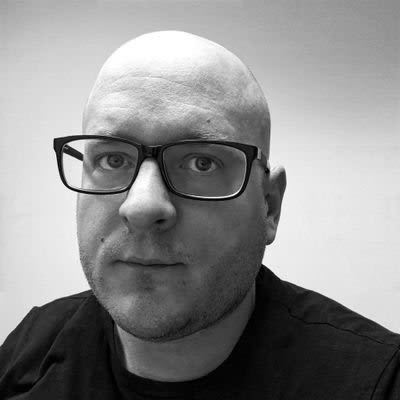
Let’s talk about sex.
NUI Galway researchers lead 45-country sex study to better understand sexuality
The International Sex Survey aims to uncover the different sexual behaviours, preferences, motivations, and other topics related to sexual life of adults.
The global study is led by Dr Beata Bothe (University of Montreal, Canada), and coordinated in Ireland by Dr Andras Kolto from the Health Promotion Research Centre at NUI Galway.
Dr Bothe said “There is little international data on sexuality. It is difficult to make general conclusions on the sexual lives of people across the world. Even the existing studies wildly vary in their methods, the questions they asked and the people they invited, which means that the data from different studies are hardly comparable.”
Dr Kolto said: "This is one of the largest surveys about sex ever undertaken in the world. It is important for us as researchers to understand sexual culture and we encourage participation in this study.
While Ireland has been changing, it remains one of the sexually conservative cultures. Sex is not often discussed, and even if it is brought up, there are feelings of shame and guilt. People who have sexual problems fear asking for help, and young people do not receive adequate sexuality and relationships education. This is the first time data will be collected from people in Ireland on such a large scale, and on such a wide range of sexual topics, including porn consumption, unwanted sex, and sexual preferences."

Dr. Andras Kolto, NUI Galway
Dr. Andras Kolto, NUI Galway
"Recently, we have seen new and honest discourse on some aspects on sexuality in Ireland, in line with an increasing awareness on informed consent and the rights of LGBTI+ individuals. However, we need more information on those who feel they have problems with their sexual lives, and what those problems are. This will enable the introduction of new supports, guidance and if necessary, legislation.
The International Sex Survey can be completed by everyone over the age of 18.
You can find out more about the study, the researchers, and the participating countries on the project’s website, Facebook page, Twitter, or Instagram.
